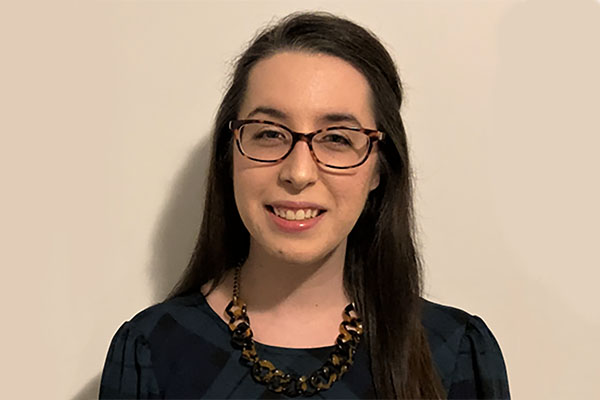
Informational interviews can provide a wealth of information and insight if planned appropriately. At the outset, know what you would like to get out of the interview. Use this valuable time to glean information that is difficult to obtain in other ways, such as from the internet, books, or your current network. Identify what information or perspective you feel you are missing, and look for someone to fill in the gaps.
Once you select a person to interview, it's time to do your homework. Brush up on your knowledge of your counterpart on LinkedIn for example, or read some material they may have written. By becoming familiar with the other person’s background, you can learn what topics they can provide the most insight on, and flesh out specific questions in advance. While lively conversation is great, if you go with the flow too much, you might find your time is up and you failed to investigate a subject.
When the time comes to interview, approach the other person with an open-mind. During the conversation, try to guide the conversation without dominating it. While you may have an indication about the other person’s background, do not make assumptions about how their story progressed. Let them tell you. A seemingly incidental point or quick phrase for one person may provide a much-needed spark of inspiration for the other. It's important not to rush to the points you feel are important. Rather, let the other person show you how they are connected. Even if you find you disagree, learning about their perspective is important in building a wider understanding of the world as it is. It is not your duty to impress the person you are interviewing.
It is not productive to expect the person to offer you a job. This can erode good-faith, and undermine any legitimate connection you may be trying to build. Rather, see them as being on their own stage of their own path. Of course, thank them for taking the time to meet with you and share their experience.
This article has been edited for length and clarity. The opinions expressed in this article are the author's own and do not necessarily reflect the view of their employer or the American Chemical Society.
ACS Career Consultants are experts and leaders working in the field of chemistry who have volunteered to support other ACS members’ career development through one-on-one career counselling. They can stimulate your thinking, ask important career planning questions to help clarify goals, provide encouragement, teach strategies for making meaningful career decisions, and aid you in your job search. Connect with an ACS Career Consultant today!
Copyright 2022 American Chemical Society (All Rights Reserved)









